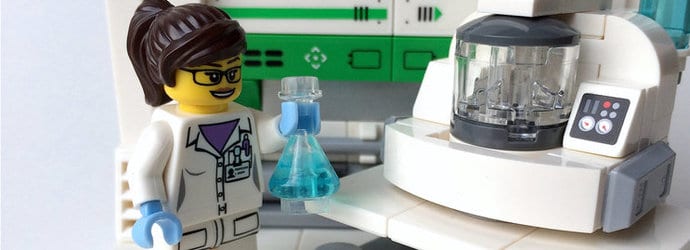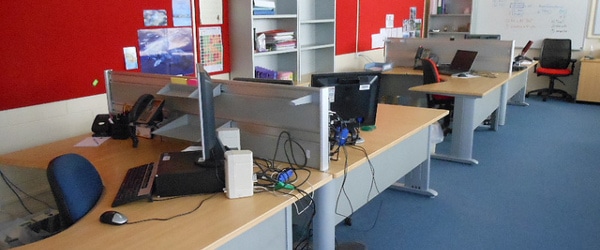Ever wanted to go to a conference, but don’t know what to expect, which one to go to, or how to even begin to ask your boss to let you attend a conference?
Look no further! I have some suggestions on how to choose from the many great scientific conferences out there, how to get your boss to let you go, and how to have a good experience!
Firstly, Have New Data to Present!
Hopefully, you have collected some data that will develop into a very nice abstract. Remember, this data should be new and not presented at a conference previously. Start with writing an abstract to run past your boss. There are some pretty good tips out there on how to write a basic abstract such as this from Nature.
Secondly, Decide Where You Want to Showcase Your Work!
Find out which conferences:
- Your boss(es) or other professors who do similar work go to currently or which conferences they have gone to in the past
- Current students/post-docs in the lab have attended and if they prefer certain conferences over others
- Are geared towards your peers? For example, if you are a student or postdoc, will there be other students or postdocs at the conference?
Thirdly, Look at Conference Size
Different conferences attract or are designed for different size audiences. For example, the Society for Neuroscience meeting routinely attracts 25,000–30,000 attendees each year. However, Gordon Research Conferences purposely keep meetings small (around 100 attendees).
Smaller conferences:
- Often 150 people or less
- Generally have only one session (with many lectures), but basically everyone is in the same room for several days
- Program is highly specialized—can be nice if and when this relates to your field
Larger meetings:
- Can have over 10,000 delegates!
- Generally have concurrent sessions, where lots of sessions are going on at once
- Provides the ability to design your own program and choose the lectures you want to hear. But, you have to use some interesting coordination skills in order to leave a lecture and find the correct room where the next lecture you want to hear is being held.
Recommendation for ‘lecture hopping’: Try and sit by the door or exit to be able to leave quietly.
Fourthly, Decide If You Want to Go with Your Colleagues
There are advantages and disadvantages to going to a conference with people that you know.
With (Boss or Peers):
- Your boss can introduce you to their colleagues or collaborators. This makes it easier to network.
- For me, at least, it always feels nicer to automatically have a ‘buddy’ to keep you company.
- Attending with peers can keep the cost of attendance down. For example, you can split the cost of a shared hotel room.
Without:
- You have to really push yourself to network and engage with others.
- Sometimes the conference hotel has an option to have you ‘dorm’ with someone else of the same sex also attending the conference. This can help reduce the cost of the hotel again, and it can be fun to get the chance to meet someone else.
Other Aspects of a Conference to Consider (in Addition to the Titles and Speakers in the Scientific Programs):
Coffee Breaks:
- Get up and stretch, or go for a quick walk.
Recommendation: Refill your coffee before heading to the bathroom. As a female, there is always a line in the bathroom.
Half Days:
- Provides time to catch up on e-mails or any work that I told myself I would get done (I always make a bigger to-do list than what I can ever truly accomplish).
- Sometimes an afternoon activity is planned. This is a good time to get to know people or discover the town.
Discussion Panels and Discussion Leaders:
- Allows students/post-docs/young investigators to ask real honest questions without judgment in order to get real honest answers.
- The discussion panels can range very broadly. For example, topics could be on: How to apply for a grant, Women in science, Addressing the gender gap, and so on.
Time for Q&As:
- Question and answer sessions usually make or break a program. This provides more time for those really good discussions that go beyond the allotted time.
Travel Awards:
- Attending a conference takes a lot of time and work to prepare, and costs a lot of money! So, you should look for methods to cover the costs. You can find travel awards within your own university via graduate or postdoc organizations or from the conference itself. Keep in mind that you often have to be a member of the conference society to be eligible for a travel award directly from the conference.
Recommendation: Look out for travel awards far enough in advance in order to apply in time.
Lastly, When You Go to a Conference:
- Be prepared
- Read up on some of the other scientists
- Don’t forget your poster or final draft of your talk
…but also remember to
- Have fun!
- Make new friends or collaborators
- Go to all of the lectures because why else are you there?
And, hopefully, you will also get a little time to explore the surroundings, especially if the conference is in a place you have never been to before.







